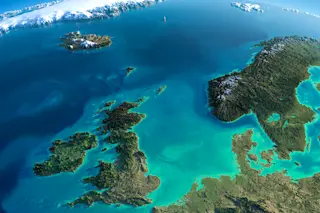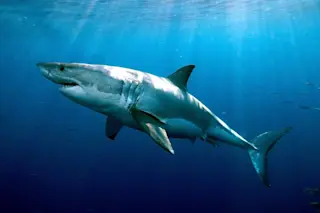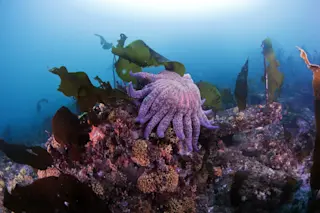In recent years, the Great Lakes have been subject to some wild rumors, including the claim that a mysterious force, the supposed Great Lakes Triangle, was responsible for ships vanishing. Scientists countered that most shipwrecks actually occurred outside of the fictional triangle and were accounted for in a database.
Such spooktacular stories may soon be put to rest. In 2019, the U.S. began a seafloor mapping initiative that included the Great Lakes. The project should be able to take note of sunken vessels or other objects resting on the lakebed.
The seafloor mapping initiative involves all U.S. coastlines, including those as far as Alaska or remote Pacific islands. Scientists working with the project say it will help make navigation safer and has the potential to protect marine habitats and heritage sites.
Read More: No, Ships Aren’t Disappearing in the Great Lakes Triangle
A Presidential Executive Order in 2018 created the ...















